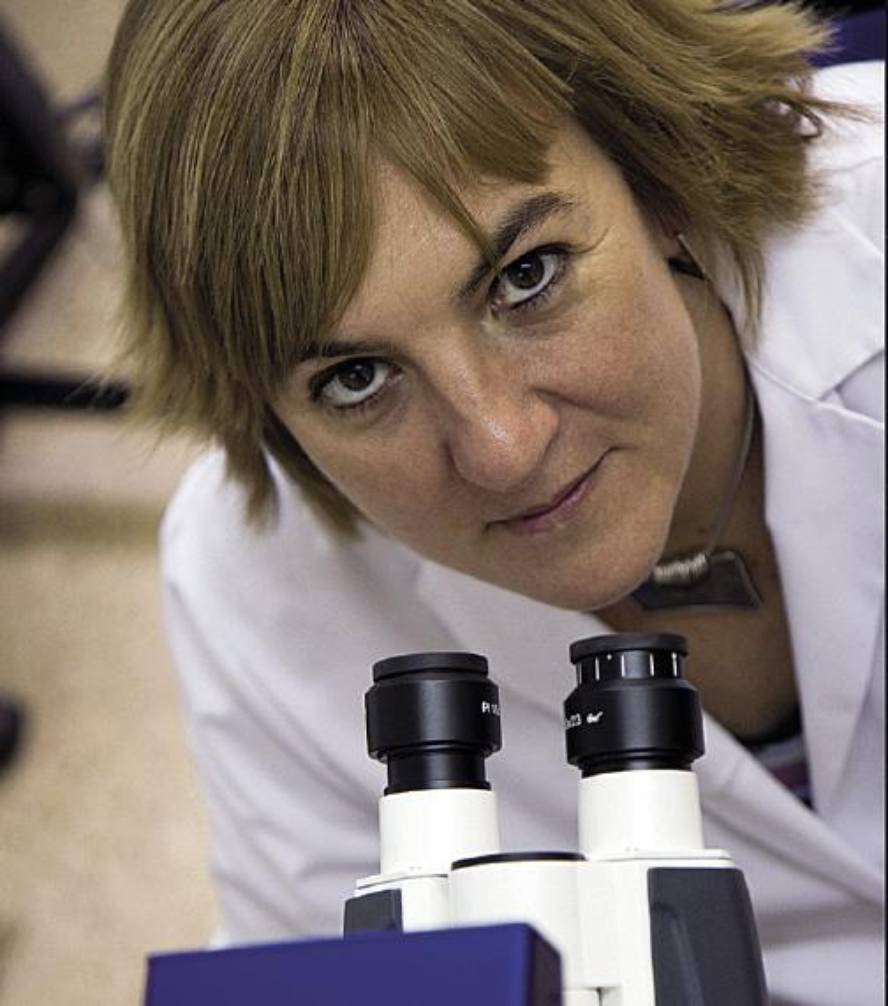“The biggest challenge in biology is to explain the functioning of the brain”
What has surprised you most, altered or fascinated you since you started working?
The clarification of the structure of DNA and the subsequent sequencing of DNA has undoubtedly been a fundamental advance of the biology of the past century. It has been key to understanding the base of cancer and other pathologies. But the progress of science is accompanied by technology, so the development of computer science and the ability to process large amounts of data have been fundamental. However, I would highlight a technically fairly simple experiment, which Dr. Gurdon did in 1960 with what we now call “stem cells.”
It transplanted the nucleus of a cutaneous cell, that is, from a separate cell to an unfertilized cell that developed an entire organism. With this experiment, Gurdon showed that the nucleus of separate cells maintains the information of the creation of a complete organism, or what is the same, the DNA of an organism is stored in all cells, and that the activation or inhibition of some genes makes it a type or other of cells.
This experiment and its influence on cloning and stem cell research were recognized in 2012 by the Nobel Prize Academy. For me it is one of the most important discoveries of the last century and in the future stem cell research will have a great influence on regenerative medicine.
What would you like to witness the revolution or the discovery in your trajectory?
The biggest challenge in biology is to explain the functioning of the brain. I'd like to see that finished job, but I'm afraid we can't get it in a single generation. We are currently trying to understand how neurons that connect the retina with the brain work. If we understood it, we would be able to cure some diseases that cause blindness, such as glaucoma. It would be a step to understand the functioning of neuronal circuits and see if I expect that discovery.






